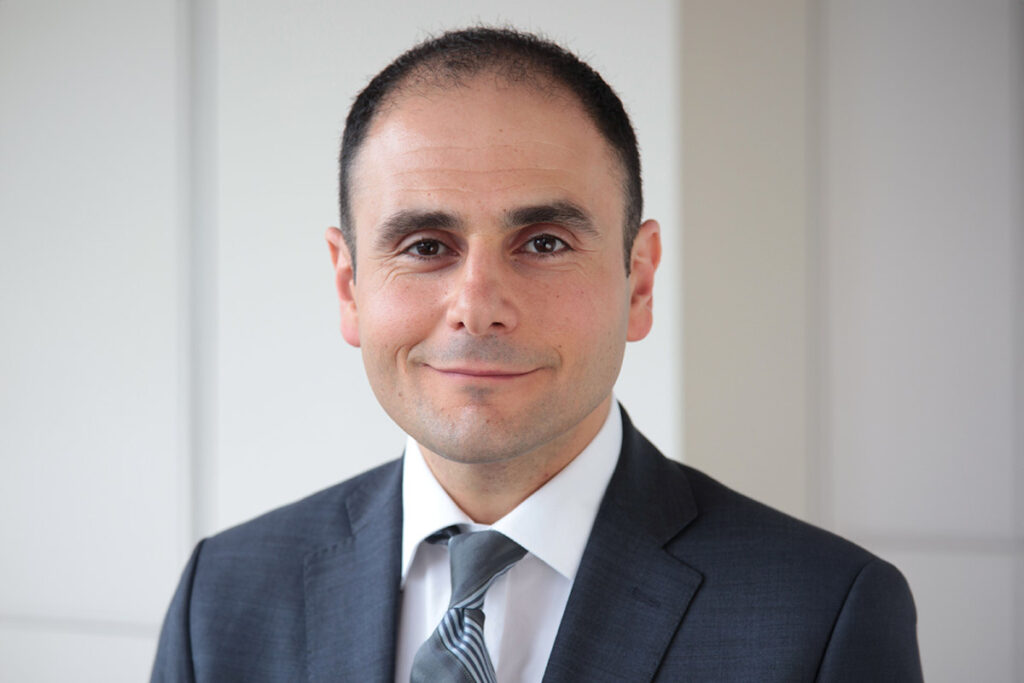Share
In a groundbreaking extension of a clinical trial focused on optimising post-heart transplant care, Professor Jabbour and his team are exploring the effectiveness of a low-cost, non-invasive approach for detecting cardiac allograft rejection. The conventional method involves invasive heart biopsies, but the team aims to replace this with a combination of high-field MRI scans and donor-derived cell-free DNA (ddcfDNA) screening.
The primary goal is to assess whether this non-invasive surveillance strategy, combining ddcfDNA screening with MRI surveillance, can reliably eliminate the need for traumatic and resource-intensive heart biopsies. The study also aims to determine if adding ddcfDNA screening to MRI surveillance provides additional benefits in detecting rejection compared to MRI alone.
This project, funded initially through an Early-Mid Career Researcher Grant, has received additional support from St Vincent’s Clinic Research Foundation. The collaboration with the Garvan Institute and partnership with Omixon, an international company, have allowed for advancements in testing methods and increased participant inclusivity.
The study is progressing well, and the team has made significant strides in recruiting participants, enhancing heart imaging techniques, and establishing partnerships with key collaborators. The ultimate goal is to revolutionise the detection of organ rejection, making it safer, more cost-effective, and accessible to a broader population.
Professor Jabbour has expressed gratitude for the vital support from St Vincent’s Clinic Research Foundation, emphasising that it has been instrumental in extending the scope of their research. The project’s overarching aim is to replace invasive heart biopsies with a combination of a simple blood test and an MRI scan, potentially revolutionising the detection and management not only of cardiac transplant rejection but also inflammatory heart disease (myocarditis) in the general community.

“Current diagnosis involves multiple heart (~11) biopsies, which can be traumatic to the patients, potentially cause harm, and is only accessible in highly-specialised hospitals.” Professor Jabbour
St Vincent’s Clinic Research Foundation acknowledges the Gadigal and Bidjigal peoples of the Eora Nation as the Traditional Custodians of the land on which we stand, and we pay our respects to Elders past, present, and emerging.